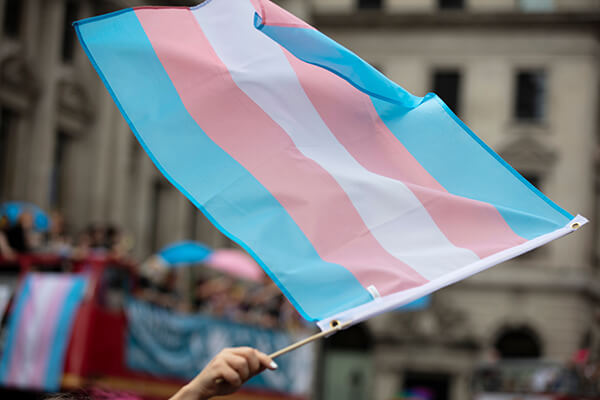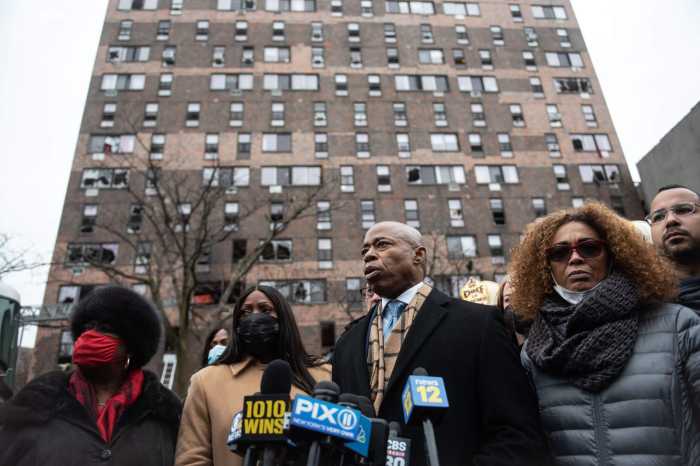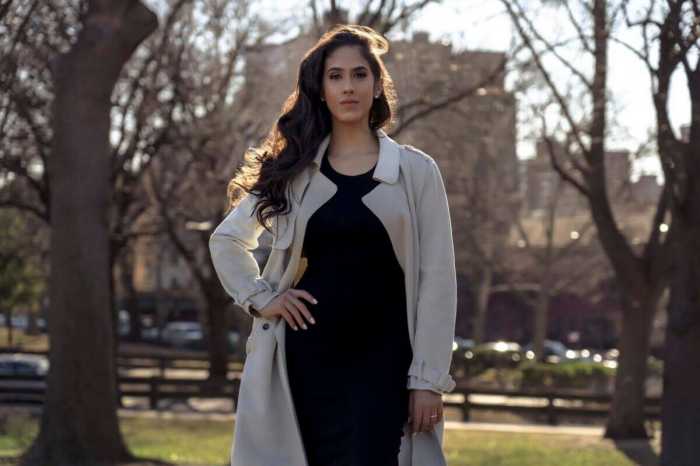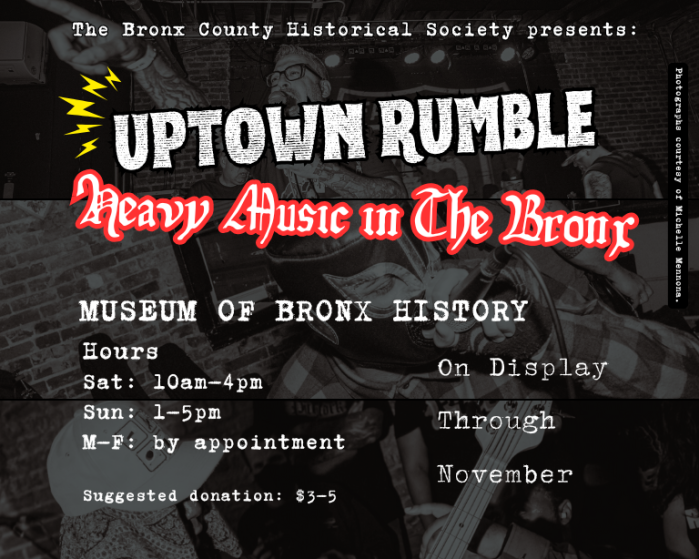Access to adequate and comprehensive health care has been an evergreen struggle for transgender Americans, with nearly 670 anti-LGBTQ bills filed since 2018, according to analysis of data from the American Civil Liberties Union and LGBTQ advocacy group Freedom for All Americans.
For Black transgender women like Heaven, who declined to share her last name for security reasons, they don’t have time for the rest of America to recognize trans rights or identities. For transgender women like Heaven — who was diagnosed with HIV in 2020 — equitable access to HIV testing is paramount, as a reported 42% of transgender women are living with HIV in the U.S.
“There is a war on transgender women and much of it is being fought at the state level through regressive and discriminatory policies that say I’m not a woman and I don’t deserve equal health care,” Heaven told the Bronx Times. “I’ve been assaulted in the city. I’ve been called names. But to me, the most hurtful thing imaginable is that a state would forgo its onus to protect its citizen by restricting their right to health.”
At a press conference in Van Nest on Monday, which is recognized as National Transgender HIV Testing Day, Bronx Borough President Vanessa Gibson encouraged New York’s transgender community to get tested to learn their HIV status and learn more about HIV prevention and treatment.
Among the five boroughs of New York City, the Bronx had the second-highest number of new HIV diagnoses in 2020, and the highest percentage of HIV deaths. Over that same time frame, HIV testing dropped sharply due to the COVID pandemic.
HIV testing in New York conducted through AIDS Institute-funded sites averaged more than 2,500 tests per month in 2019. But according to Amida Care, that rate dipped below 500 tests per month in April 2020 and did not reach 2,000 tests in any given month through June 2021.
The Bronx beep also highlighted the disparities of an ongoing health and social epidemic of transphobia that is affecting New York’s trans community. Her main message on Monday: “testing saves lives.”
Additionally, Gibson announced the redeployment of a Bronx-focused HIV task force, an initiative that started under her predecessor Ruben Diaz Jr. in 2011, that will look to handle equity outreach for the Bronx’s LGTBQ+ community. At Destination Tomorrow: The Bronx LGBT Center, located on 2134 Barnes Ave., testing was available for HIV and COVID-19, as well as COVID vaccinations.
Trans rights advocates point to regressive policies passed by states such as Arkansas and Arizona that ban gender-affirming care for youth as an exacerbative public and social health detriment.
Approximately 1.4 million people across the country identify as transgender, and transgender women of color are particularly at risk for high exposure to HIV, according to the Centers for Disease Control and Prevention.
Mimi D. Shelton, a trans woman who serves as director of Trans Initiatives and Services at Destination Tomorrow noted that in the plight of discrimination against the queer and trans community — they deserve the right to receive equal access to care and the tolerance of others.
Most recently, Alabama’s governor signed into law a bill that makes it a felony for medical providers to administer gender-affirming care to trans youth and more than a dozen other states are considering similar legislation banning gender-affirming care for youth.
After Texas failed to advance similar legislation, the state’s governor, Greg Abbott, issued a directive requiring the state’s child protective services department to investigate for child abuse parents who help their children access gender-affirming care.
The directive also designates medical providers and teachers as mandatory reporters, making them subject to penalties for a failure to report.
“What it meant to be gay or trans (growing up in Virginia) was that you were a disease and not worthy,” Shelton said. “It took me 28 years, but I can say this now: We’re not diseased … and that we’re worthy. I am enough. You are enough. We’re worthy of proper care and preventive access for HIV.”
Reach Robbie Sequeira at rsequeira@schnepsmedia.com or (718) 260-4599. For more coverage, follow us on Twitter, Facebook and Instagram @bronxtimes























